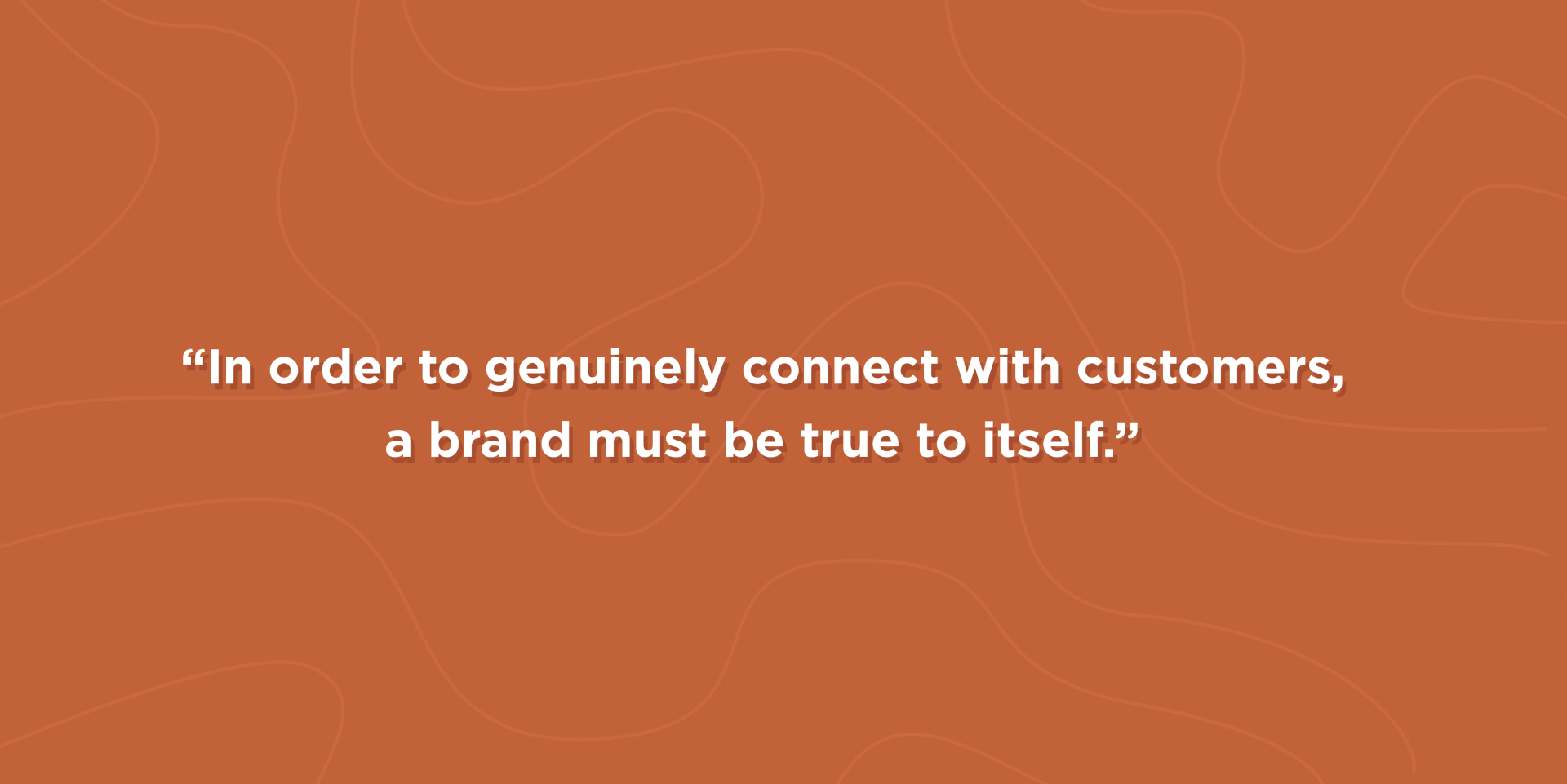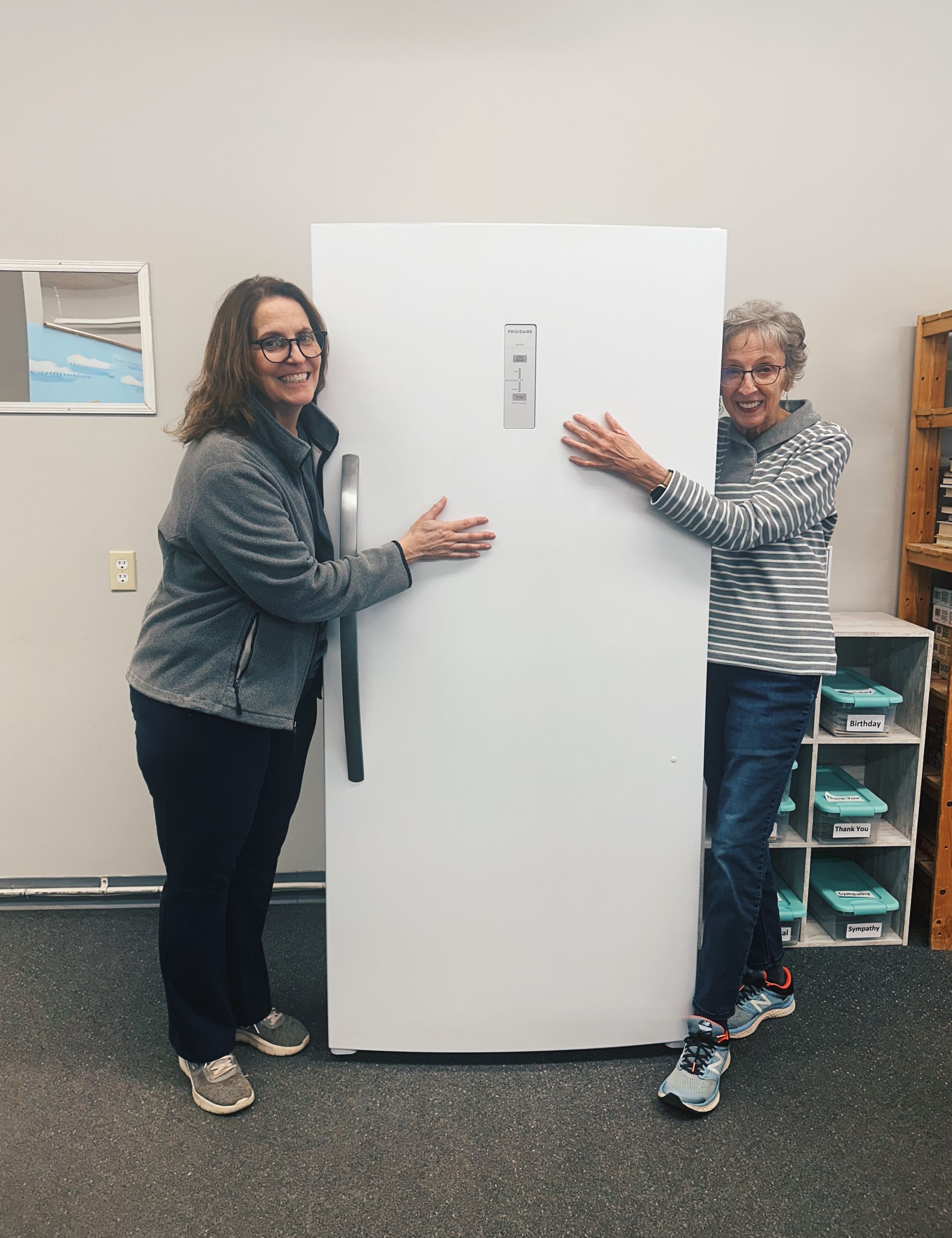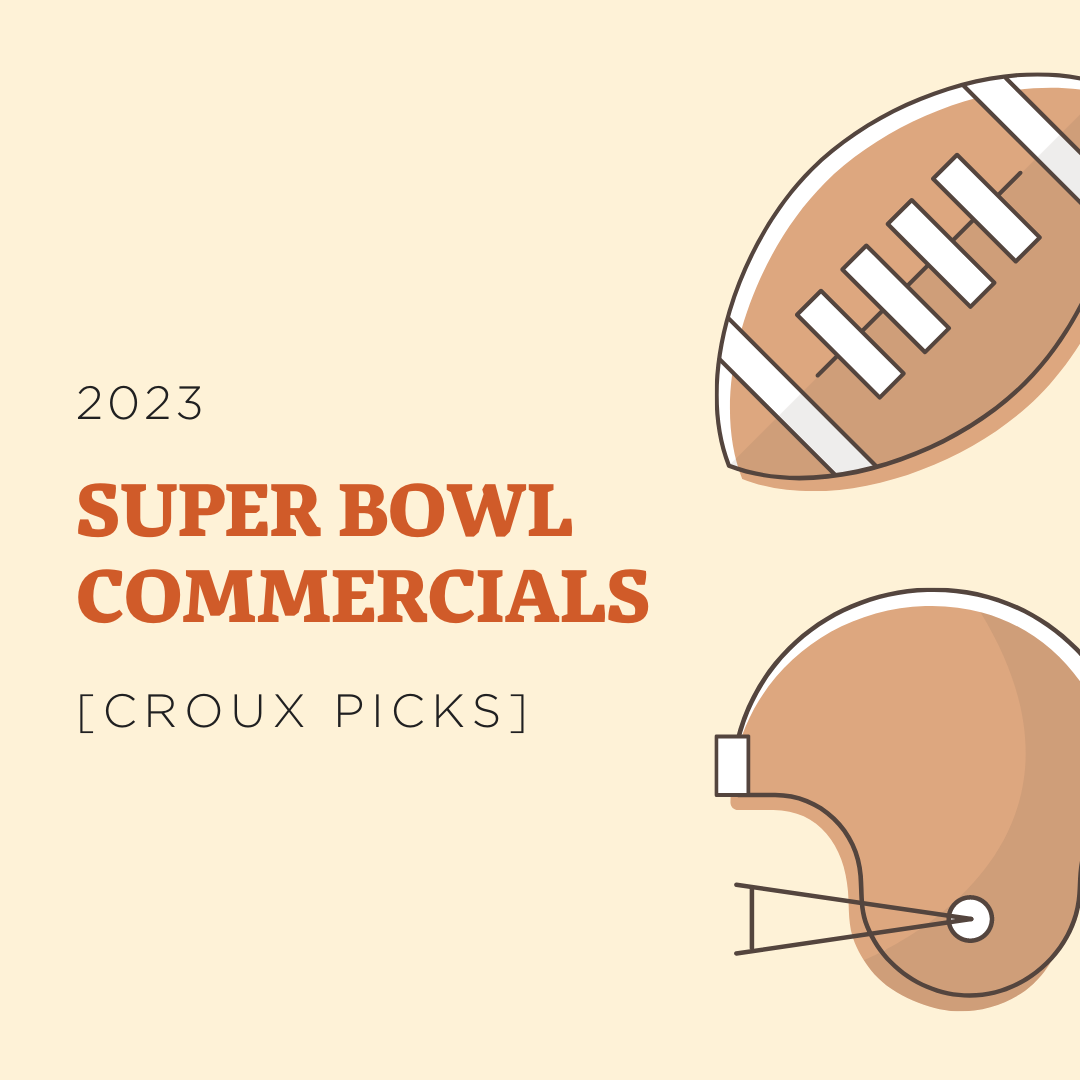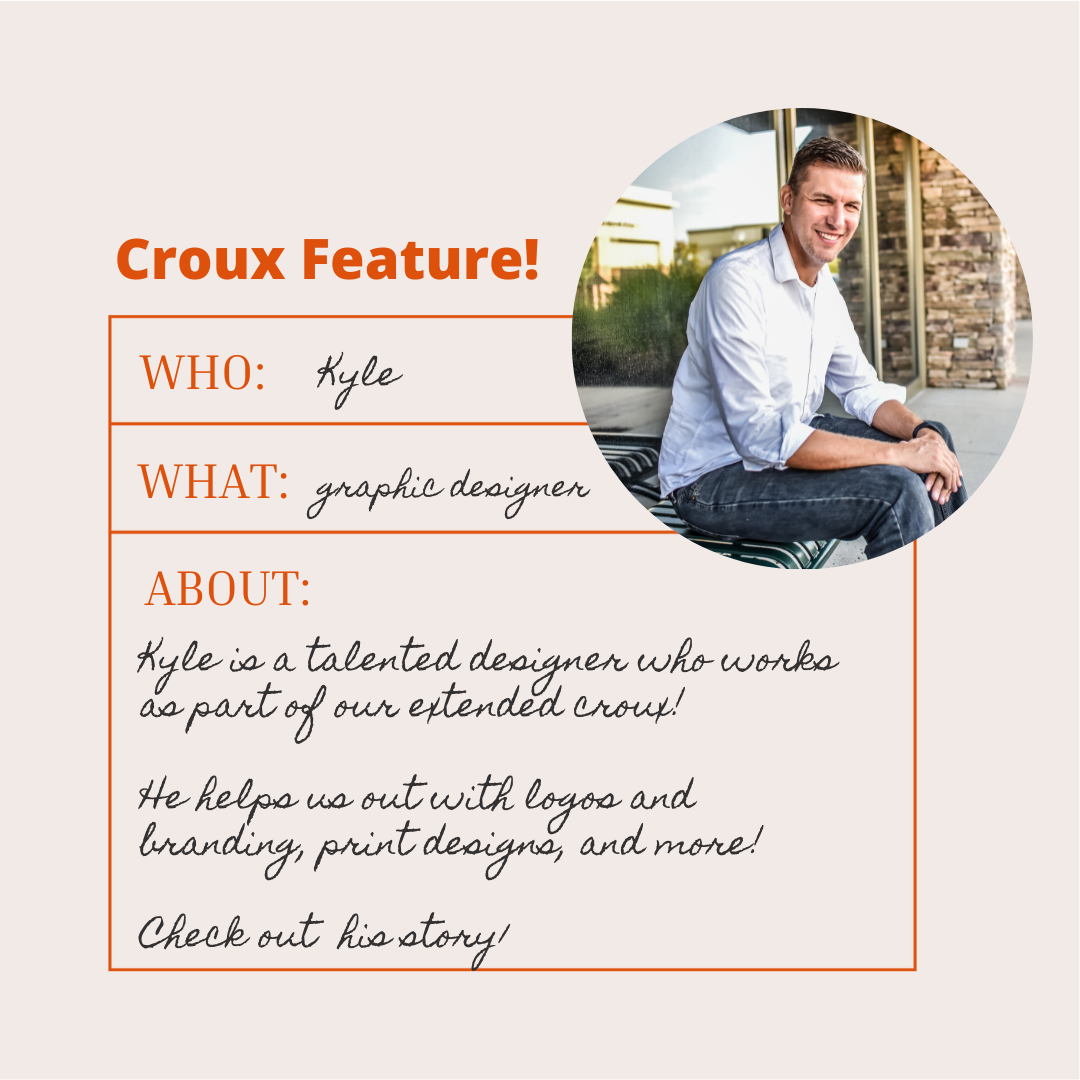The perils of “pandemic promotion”
roux LLC • April 22, 2020

I saw a commercial the other day that highlights the tightrope brands are walking right now.
It’s a spot for an automotive brand that will remain unnamed. Over a montage of rosy-hued footage, while gentle music plays in the background, a medley of different voices tells us:
"When we first opened our doors, it didn’t take us long to realize we weren’t in the car business. We were in the people business. We needed to be helpful, respectful, compassionate. To treat people like guests. It’s what we all signed up for. And now when people need this most, we will do what we’ve always done. Take care of people first. The rest will follow."
It was earnest. It was passionate.
And it was jarringly, breathtakingly phony.
Don’t get me wrong. I have no reason to doubt that the company genuinely wants to “take care of people first” at this particular moment in time. The spot directs viewers to a site where they outline the many ways the company is responding to the pandemic – from payment deferrals to community support.
But I’ve been aware of this brand for roughly 30 years and have never – EVER – heard anything remotely like this from them before.
So to tell me that they’re doing it because it’s “what they’ve always done” rings hollow.
And it tarnishes my perception of the brand.
Compare that with this spot
for Uber – a company that was created solely on the basis of people NOT staying at home.
The closing slide simply states:
"Stay home for everyone who can’t. Thank you for not riding with Uber."
The differences are striking.
Obviously, there is a rush for brands to acknowledge the current situation. In a recent report
from communications firm Edelman, 84% percent of respondents said they want advertising to focus on how brands are helping people cope with pandemic-related life challenges. It’s why we’ve all been bombarded with emails and ads reassuring us of the efforts companies are making.
Some are sincere. Some are misguided. Some are downright ham-fisted.
But the ones that resonate most have one trait in common: they feel honest.
It's always been the case that in order to genuinely connect with consumers, a brand must be true to itself. That’s never been more important than it is right now. Because consumers can sniff out the phonies. And they have long memories.
Brands that are seen as being either tone deaf – or worse, trying to capitalize on the moment – run the risk of alienating consumers who are already stressed, anxious, and overwhelmed.
Those that treat us with respect, understanding, and honesty will earn our loyalty.
Another example. My wife makes the occasional online purchase through Boden, the clothing retailer. A little while back, she received this message:
“It might seem highly inappropriate to show you clothes for which you currently have no need. But we’ve already made the clothes. We’ve already taken the photographs, we’ve already printed the catalogues. It was too late to stop. We hope you don’t find it horribly insensitive.”
That’s what respect for your customer looks like. It’s trusting that they’ll understand. It’s demonstrating “we’re all in this together” in a way that resonates – a way that seems genuine.
That’s doing it right.
Steve Russell is a freelance writer from Nashville, whom we've enjoyed working with over the years. He penned this timely piece on the importance of honesty in promotions and advertising – something we've always felt strongly about, but perhaps now more than ever.

We are excited to announce the recipient of our most recent Food for Thought grant — the Hot Springs Food Pantry, located in Hot Springs, South Dakota. Food for Thought is a fund we created through The Community Foundation to offer grants to organizations that help feed children in our community. This isn’t just about money though. We’re also on the lookout for ways to teach kids about good food, to help them learn to prepare it, and to encourage them to love it as much as we do. We are always looking for organizations in our local communities whose mission aligns with ours and have specific needs we can provide grants for. Because our croux reaches far and wide, “local” doesn’t just mean Tennessee. In this case, the community is local to one of our core team members, Lauren. After moving back to her hometown of Hot Springs, South Dakota to be closer to family, she got involved with the local food pantry and saw a specific need there. The food pantry needed a refrigerator so they could provide more fresh produce and protein to families in the area. They were also seeing an above average need in the community due to rising costs which has depleted some of their funds. The grant received from Food for Thought will go towards these efforts and help provide fresh food for families in the area.

We celebrated our 10-year anniversary in July 2023, making this our tenth Mardi Gras as a krewe. We are so thankful for the many projects, partnerships, clients and friends who have been a part of our journey so far. The essence of Mardi Gras can be summed up in one lighthearted phrase, “ Laissez les bons temps rouler!” — French, for “Let the good times roll!” We’ve had a lot of good times here at roux over the last decade, and we’re excited for them to keep on rollin’. Bon Mardi Gras and merci beaucoup, friends!

Every January we like to gather as a croux and plan for the year ahead. It serves as a holiday celebration and a strategy session. We look forward to it every year. Over the last few years, we’ve also begun incorporating a “word of the year” practice, where we each choose a word that we will focus on throughout the year.

We all look forward to receiving Christmas greetings from friends and loved ones, whether it’s a social media post or a physical card to display in our house or hang on the fridge. But when it comes to company Christmas cards, corporate greetings can sometimes fall a bit flat. We love when a company spices things up and sends a message that’s genuine and fun. Videos can also be a more effective and affordable option for a company, when you consider the reach made possible with email and social media, and the savings on printing and postage. Averitt and JetRight are two local companies that knock it out of the park every year when it comes to their video Christmas cards. Whether they choose to be lighthearted and silly or share a heartwarming message, watching their videos shows you the real people and spirit behind the companies. Check them out below!



